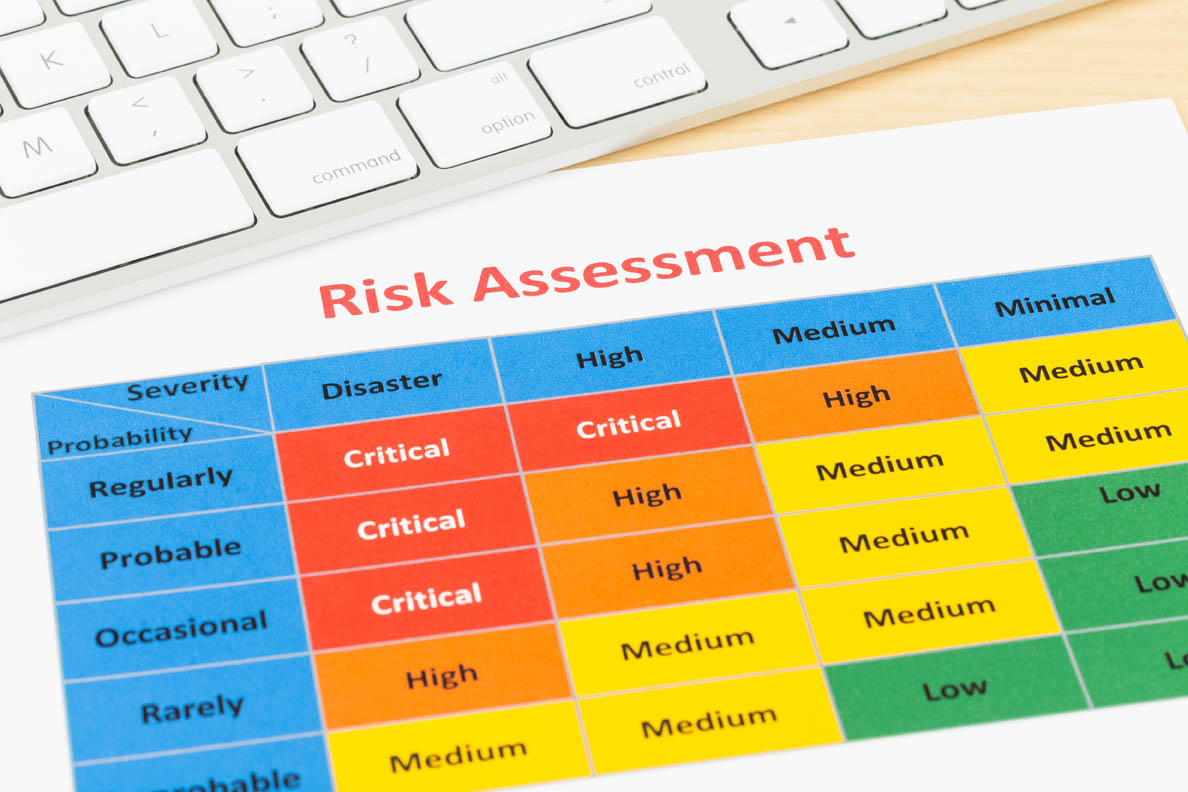As a result of Covid19, many businesses are only just returning to the office, and then only part of the time. So even if your business has the same number of employees as it did at the beginning of the pandemic, if half of them are still working at home for two or three days a week it follows that you won’t need as much office space.
Indeed, many businesses are downsizing their office space, and this means that there is a saving on rent if you can offload it. Of course, it may be that finding a new tenant is going to be something of an uphill struggle because lots of other businesses are in the same position, and this means that over the coming months there may be many more empty office buildings around.
If this is you, and you have an empty office building, unfortunately you still have all the legal responsibilities that go with it in just the same way as if you were occupying it. The same thing applies if you own a shop in the high street or wherever, and you have closed it down because of the lack of business. If you own it or lease it, you are still responsible.
So, you still need to carry out fire safety risk assessments and have fire safety precautions in place. In fact, it is just as important as if the building was occupied because criminal damage, theft, and arson are much more common in empty buildings than those which are occupied. Home Office estimates say that there are on average 60 fires every day in or next to vacant and derelict buildings. Not only that, but as the owner or person in charge of the building you have a duty of care to anyone entering it – including squatters, thieves, and vandals.
Damage to empty buildings also has the effect of increasing insurance claims, and of course that results in increased premiums. Another point to bear in mind, apart from the basic one of being a responsible owner or lessee of a building, is that if a fire should occur, the insurance company would investigate and if fire regulations were not met it could result in it refusing to pay out.
At UK-FireRisk Assessments we can carry out a fire safety assessment of your empty building for you. It is still necessary to do this once a year, and it should also be done again if you make any alterations or changes to the building, of if there is any sort of fire incident.
There are another couple of things to take into consideration, one of which is that if you can demonstrate to potential buyers or tenants that you are a responsible owner and are looking after the property, you have a better chance of selling it or letting it. Furthermore, if your building suffers from a fire and needs a lot of work carried out as a result, if the insurance company finds that your policy is void, you are going to have to pay for the work yourself. Not only that, but the building will remain empty for longer while the work is carried out.
All this means that you need to have a fully working fire alarm system in operation and it needs to be monitored so that in the event of a fire, the emergency services can respond quickly.
If the building has a fire sprinkler system installed, it needs to be maintained in accordance with the legal and British Standards requirements, otherwise your insurance policy may be invalidated. If it is not practical to keep the sprinkler system in use, you need to drain it in order to ensure that there is no damage caused from leaks.
Emergency lighting is also something to be considered. Again, it shows prospective purchasers or tenants that you are looking after the building, and it provides an emergency backup if the electricity supply to the building is lost for any reason, including a fire. It also means that emergency services will be able to find their way around the property in the event of a fire at night.

